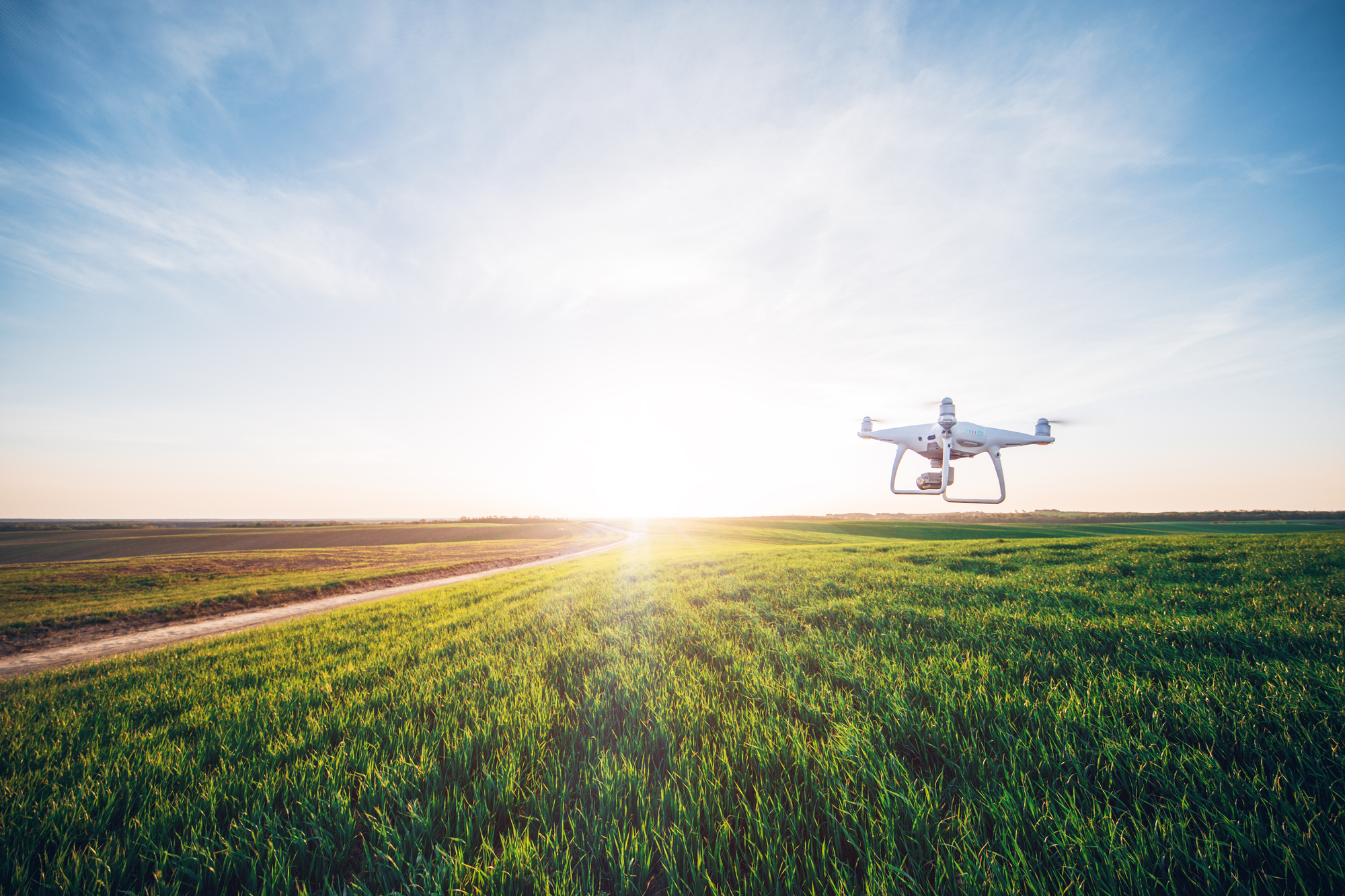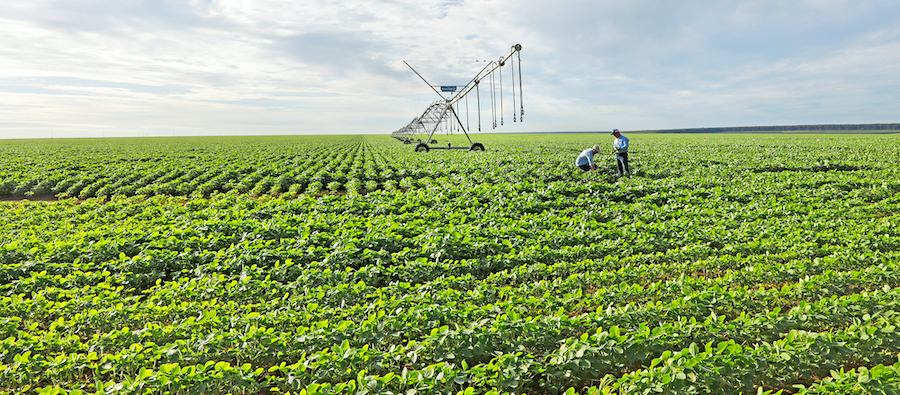Liam Condon, member of the Board of Management for Bayer AG and President of the Crop Science DivisionLiam Condon discusses new techniques and approaches for empowering farmers to reduce the sector’s contribution to climate change. He is speaking about agriculture’s potential for carbon sequestration and the rise of carbon markets at this week’s 2020 Borlaug Dialogue, hosted by the World Food Prize Foundation.
Dr. Rattan Lal, renowned soil scientist and this year’s World Food Prize Laureate, has pioneered groundbreaking research in soil carbon sequestration. While agriculture has historically been a significant contributor to greenhouse gas emissions, Dr. Lal demonstrated the critical role of soil in ensuring a climate-resilient future.
Soil carbon sequestration shows the potential for the agriculture sector to make a major difference in reducing greenhouse gas emissions. Not only are farmers among the first to be affected by weather extremes like drought and flooding, but they are also on the frontlines of the world’s fight to slow climate change.
Moving forward, agriculture can and must be part of the solution to climate change, even as we feed a growing population. It starts with accelerating innovation in agriculture, across both public and private sectors, toward a substantially different future to keep up with the changing needs of farmers and consumers.
Partnering with farmers and the food value chain is essential if we are to scale up innovative approaches that move us towards a carbon-zero future for agriculture. For instance, Bayer has committed to achieving a 30 per cent reduction in greenhouse gas emissions in our farmers’ fields, in addition to bringing our company’s operations to carbon neutrality. This is being done through innovative business models, R&D and digital transformation.
Business Models: Rewarding Farmers for Carbon Sequestration
The sector must redefine the value of farming by rewarding farmers not only for the crops they produce, but also for using climate-smart practices that sequester carbon in the soil.
Taking a science-based, transparent and collaborative approach to creating a new revenue stream for farmers is key. Since July 2020, Bayer has begun rewarding farmers when they adopt climate-smart practices. Through our Carbon Initiative, which recently achieved SustainCERT Gold Standard Certification, we have started a pilot project with 1,200 farmers in the U.S. and Brazil, covering a total of ~450,000 acres, and our initial research indicates that the model can scale to many more farmers around the world.

Data, analytics, and digital tools enable improvements in how we measure and monitor carbon.
R&D: Scaling Up Climate-Smart Practices with Next Generation Tools
To scale up carbon sequestration practices, we must ensure all farmers have access to the right tools. No-till farming, cover crops, better seeds, improved crop protection products and precision nitrogen use are just some of the ways agriculture plays a role in reducing greenhouse gas emissions.
Another example is short-stature corn that will enable reduced crop loss in bad weather, more precise use of inputs, like crop protection and fertilizer, and the potential to optimise use of natural resources, like land and water. With short-stature corn, growers no longer have to spray insecticides or fungicides late in the season with an airplane, because a ground-based rig can drive over short-stature corn to apply needed protections with more precision and efficiency.
This support also includes empowering smallholder farmers to mitigate the effects of climate change. For instance, innovations like dry-seeded hybrid rice are helping individual farms in Asia to reduce their methane emissions by up to 50 per cent compared to conventional varieties.
The technology for a greener future is available, but it has to be accessible and farmers need to be incentivised to build more resilient, sustainable food systems.
Digital Transformation: Driving Sustainable Solutions with Data
Data, analytics, and digital tools enable improvements in how we measure and monitor carbon and provide farmers with the information and insights needed to make the best decisions in their fields.
Tools like digital apps are harnessing data gathered from satellites, in-field sensors, and smart farm machines to help farmers identify and address problems before they take hold. The result is solutions tailored to each farm’s needs: the right product in the right place, at the right time and in the right amount, preserving resources and reducing greenhouse gas emissions.
Smallholder farmers are also helping entire crops and ecosystems thrive with innovations like aerial drones that allow farmers to precisely apply crop protection tools to a broader area in a fraction of the time and with less manual labour. Today, drones can cover the same area, with more precision, in only two per cent of the previously required time, using 98 per cent less water.
It will take strong partnerships, a commitment to innovation, and a common purpose to transform our food system for the better. We cannot solve today’s and tomorrow’s problems with yesterday’s solutions. Across the industry, we must build trust through transparency and open dialogue to advance the business models and technologies needed to achieve a carbon-zero future for agriculture.



